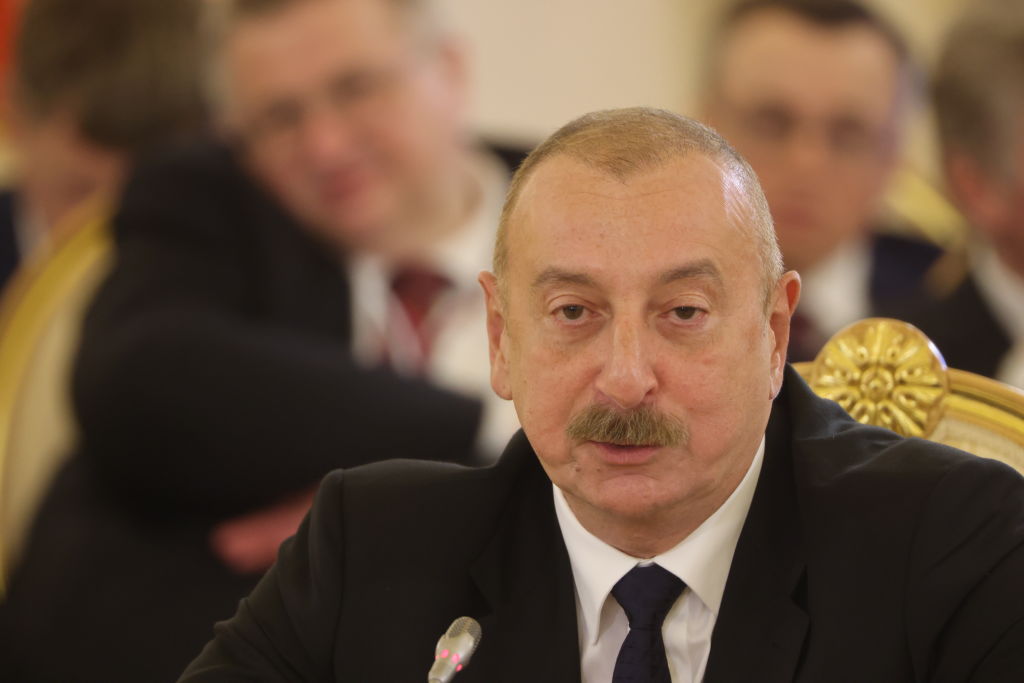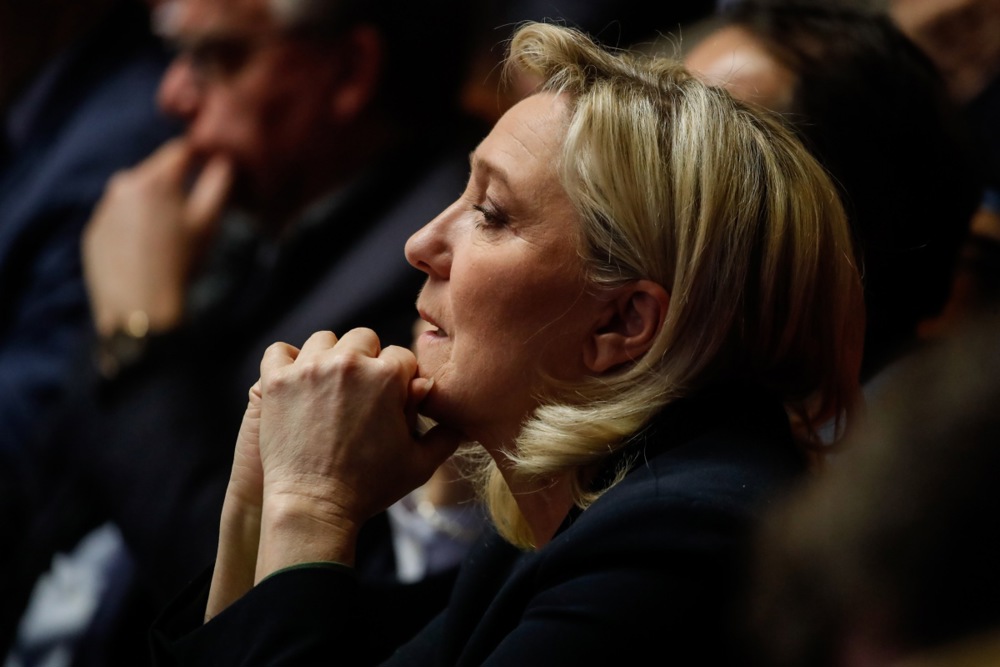Latvia’s Prime Minister says the European Union should hand over diplomatic efforts to European countries “without colonial pasts”.
Krišjānis Kariņš says the EU needs a fresh approach with developing countries, and can use its diverse Member States to do it, especially those in Eastern Europe. This is important as the EU struggles for influence against Russia and China.
Kariņš suggests that nations without a history of colonial dominance could improve EU relations with countries across Africa, Asia and South America.
While Kariņš is soon to resign due to the internal disputes in his own government, many are speculating that he may now make a bid for an EU post. A slew of new positions will open up next year.
During a candid interview in Latvia’s capital Riga, Kariņš said countries that had been colonised by Europe “may not necessarily care for the advice” of those countries that had colonised them.
“Certainly in Latvia, we can understand this”, he added.
He said such a fresh perspective is particularly relevant as Europe seeks to foster stronger ties with regions that many observers say are drifting towards closer ties with China and Russia.
Kariņš drew parallels between former French colonies and Latvia’s relationship with Russia. “I suppose to … an old French colony, those people listening to what the French President has to say may seem similar to a Latvian listening to what Putin has to say.”
Kariņš further urged Europe to harness the expertise of Member States with distinct historical backgrounds.
“I see lots of room where Europe should expand its wings,” he said.
Economic strength and security cooperation have historically formed the foundation of Europe’s diplomatic influence in emerging markets.
Smaller countries such as the Baltic States might struggle to match such influence, raising questions about the practicality of Kariņš’s vision.
But as Eastern EU nations become more developed, many commentators have also spoken about the bloc’s centre of gravity shifting East.
Kariņš is no stranger to the intricate dynamics of international politics, having spent a decade in the European Parliament before assuming the role of Latvia’s Prime Minister in 2019. His background, many say, makes him a potential contender for top EU positions.
As Europe prepares for crucial elections in 2024, followed by appointments to the European Commission, European Council, and other vital positions, Kariņš might emerge as a significant player.
When asked about his intentions, he was non-committal, stating: “I certainly have a little bit of experience under my belt, and I cannot rule out anything, I’m certainly interested in continuing politics.”





